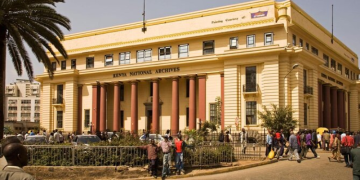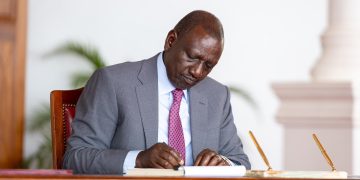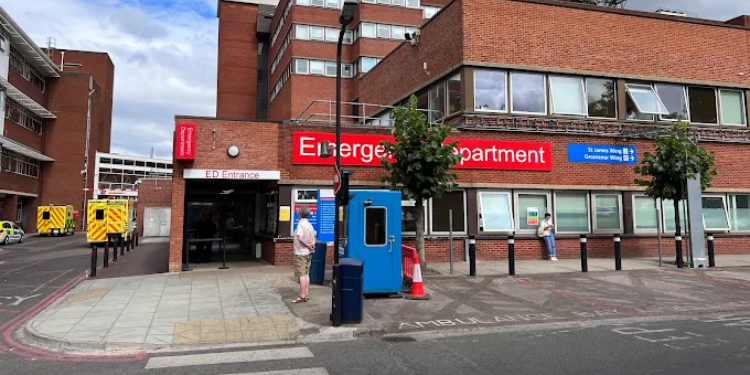An urgent appeal has been made to the Kenyan community both in the United Kingdom and in Kenya following the tragic death of a Kenyan man in London earlier this month. George Mungai Karanja, who was born in February 1975 in Kiambu County, Kenya, died on September 1, 2025, at St George’s Hospital in London.
Authorities fear that if no relatives are found, the deceased may be cremated according to UK protocols for unclaimed individuals. According to official documents, including his birth certificate, the deceased man was a Kenyan national residing at Cherry Orchard Road, Croydon, CR0 6BE at the time of his passing.
Efforts by community members and local authorities to trace his family have so far been unsuccessful. Without a next of kin or any formal claim to his remains, plans for his cremation are already underway—a move that has raised concern among many in the Kenyan diaspora.
“Hello brothers and sisters, it’s with great sorrow and sadness that we announce the passing away of our brother Mr. George Mungai Karanja… We are appealing to anybody who might have known the deceased because we are struggling to get in touch with his family,” read a heartfelt message sent by a community member coordinating the appeal, which was shared by Mudge Rulf.
Also Read: American Who Splashed Millions in Kenyan Real Estate Charged in Ksh2.1B Fraud Case
Mudge Rulf further asked anyone with information to reach out to the Kenyan High Commission in London or share the appeal widely.
Cremation laws in the UK
The urgency of the appeal stems from UK law, which places a duty on local authorities to arrange the burial or cremation of a deceased person if no other suitable arrangements are being made.
Under the Public Health (Control of Disease) Act 1984, local councils are mandated to step in when a person dies or is found dead within their area, and it appears no family, friends, or third parties are arranging for their funeral.
In such situations, the local authority is required to investigate whether any relatives or close acquaintances of the deceased exist and are willing to take responsibility for burial arrangements.
Also Read: Last Moments of Kenyan Youth Who Died in Germany While on Exchange Programme
If no one comes forward, the authority becomes legally responsible for ensuring the body is disposed of respectfully—typically through burial or cremation.
However, the law also provides that the body must not be cremated if the authorities have reason to believe this would go against the wishes of the deceased.
In cases where the person’s preferences are known, whether expressed directly, through a will, or inferred from cultural or religious background, local authorities are expected to honor those wishes to the extent possible.
Follow our WhatsApp Channel and X Account for real-time news updates.


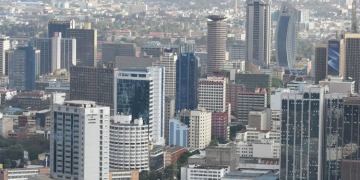













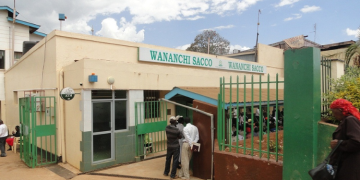






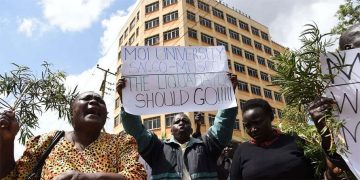




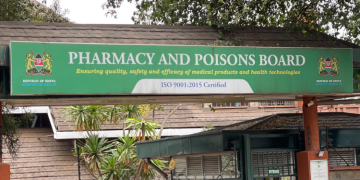


![Anonymous Philanthropist Among Stakeholders Paying Sha For Over 2 Million Kenyans [List] Anonymous Philanthropist Among Stakeholders Paying Sha For Over 2 Million Kenyans [List]]( https://thekenyatimescdn-ese7d3e7ghdnbfa9.z01.azurefd.net/prodimages/uploads/2025/09/sha-ruto-2-360x180.png)




























